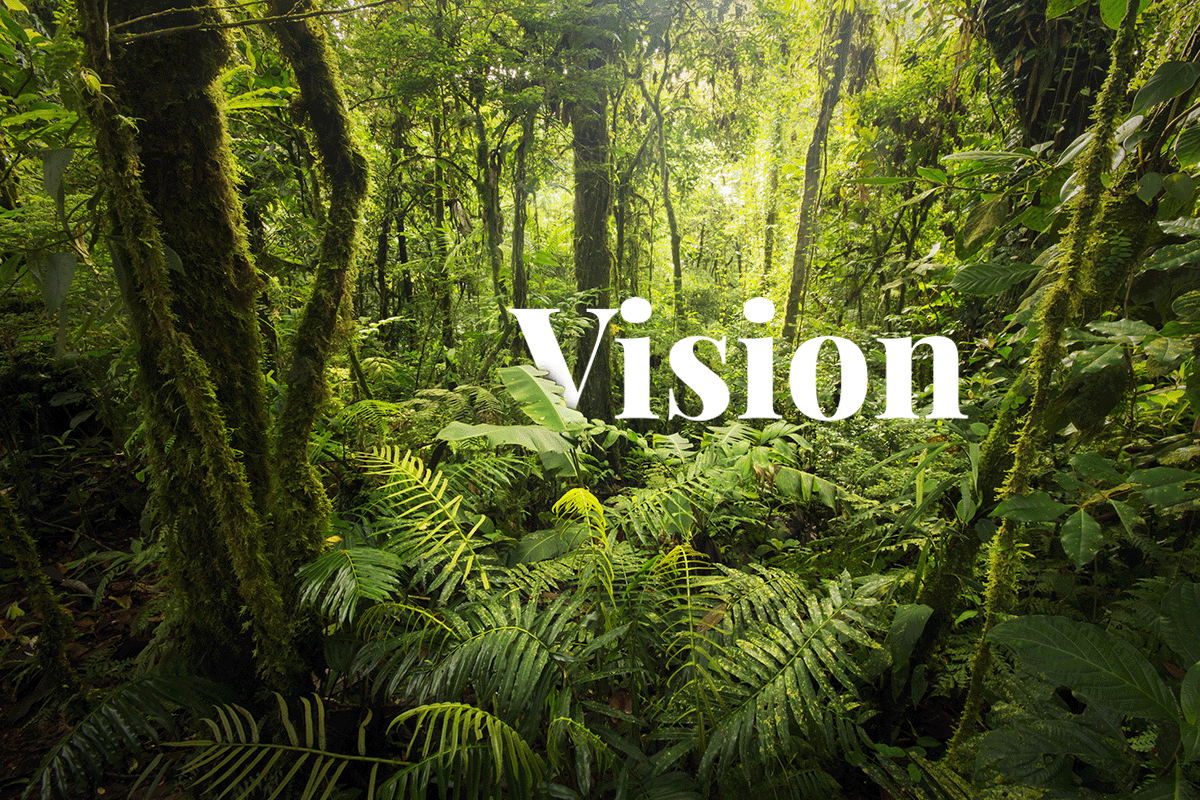In a groundbreaking move, the World Bank has laid out an ambitious plan to bolster high-integrity global carbon markets, presenting a unique opportunity for 15 nations to derive income by trading carbon credits sourced from their forest preservation initiatives.
 View on a dense vegetation in Costa Rica’s cloud forests.
View on a dense vegetation in Costa Rica’s cloud forests.
The 15 countries, including Costa Rica, Côte d’Ivoire, the Democratic Republic of the Congo, Dominican Republic, Fiji, and Ghana, part of the World Bank's Forest Carbon Partnership Facility (FCPF), are gearing up to produce over 24 million carbon credits by next year, reaching an impressive 126 million by 2028. This initiative could potentially yield up to $2.5 billion, with a significant portion earmarked for the benefitting communities and countries actively engaged in these environmental efforts.
Read more: Accelerating environmental initiatives: a glimpse into progress ahead of COP28
What sets World Bank carbon credits apart is their dual emphasis on environmental and social integrity. Each credit undergoes rigorous monitoring, reporting, and verification against the World Bank-managed FCPF Standard and Environmental and Social Standards. The environmental integrity ensures credits are unique, real, additional, permanent, and measurable. Socially, a focus on benefitting communities, especially Indigenous peoples, distinguishes these credits.
Cutting-edge technology plays a pivotal role in this initiative, ensuring precise measurement and accounting of carbon credits. The comprehensive coverage of entire jurisdictions prevents the compromise of reforestation and conservation efforts by potential deforestation in other areas.
The World Bank Group President, Ajay Banga, expressed optimism about the benefits for these countries, stating, ‘Blessed with natural resources, these countries are set to benefit from carbon markets by earning income from protecting forests and using their land more sustainably.’
Read more: How are carbon credits issued?
The World Bank's Engagement Roadmap outlines collaborative efforts to expand liquid and transparent carbon markets. This includes working with private and public sector partners to introduce common frameworks for validating and verifying credits.
This announcement is a culmination of two decades of work towards establishing transparent carbon markets that compensate emerging countries for their environmental initiatives. The World Bank plans to scale its support to countries, extending efforts to reduce emissions in various sectors, including energy access, coal transition, soil organic carbon, and mangroves.
The pursuit of net-zero emissions and the cultivation of a sustainable future accentuate the growing importance of nature-based solutions and high-integrity carbon credits. These solutions stand as invaluable tools in the realm of nature conservation, providing a strategic blueprint for the revitalisation of tropical forests and the overall health of our planet.
Embarking on an eco-conscious journey with DGB Group opens avenues to initiate impactful change. Whether it's evaluating your environmental footprint, offsetting impacts through carbon credits, or collaborating with our dedicated team for bespoke solutions tailored to your business, substantial strides can be made toward creating a positive environmental footprint. By joining forces, we can collectively drive meaningful environmental change, assuming a pivotal role in shaping a greener and more sustainable future.
Find out more about our verified carbon credits



